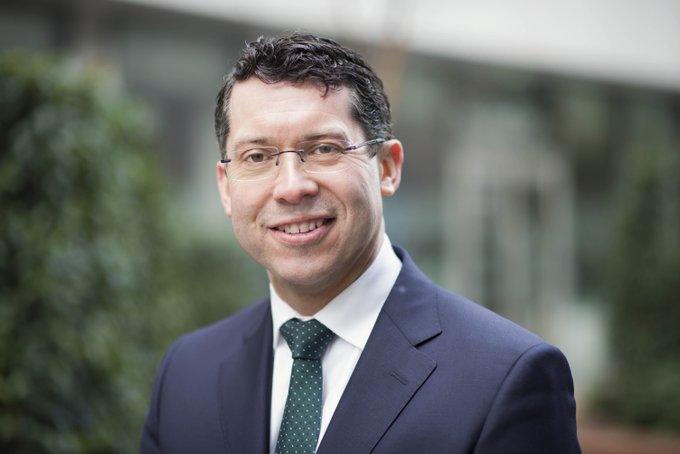
The bill purports to ban commercial surrogacy contracts in Ireland, but allows the payment so-called ‘reasonable expenses’ including any ‘loss of earnings’ while a woman is donating an egg or working as a surrogate.
It also provides legal recognition of those who engage in surrogacy contracts abroad, including commercial contracts.
One of the opponents of the bill, Senator Ronan Mullen, said it was a sad outcome because of the denial of human rights and the exploitation of surrogate women that will result from it.
He said “the day will come when we will look back and say this was retrograde legislation because it put the rights and aspirations of some people ahead of the rights of others and did damage to other people’s rights. I think we will see the day where this legislation is reversed because it is wrong to deny children their rights upfront and in advance. It is wrong to deny the real experience of surrogates who are abused”.
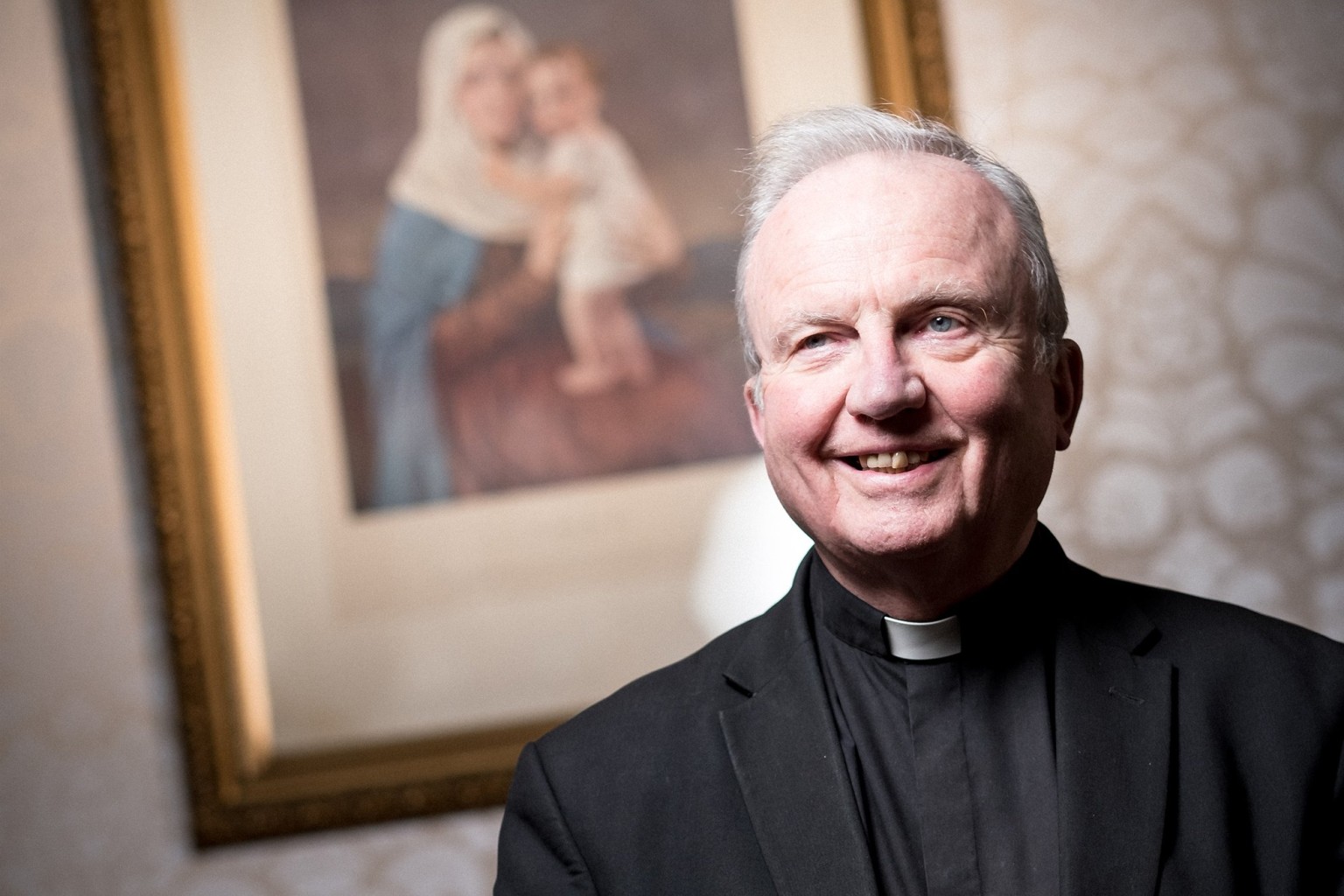
The North’s Catholic bishops have called on voters to urge politicians to defend the right to life and end a controversial cap on child benefits.
In their pastoral reflection ‘Give Reasons to Hope’, issued in advance of the July 4 Westminster elections, the bishops stated that respect for the fundamental right to life “has been subjected to a reductionist political culture, where people are valued more and more for their utility, or their positive cost to benefit analysis, rather than for their inherent dignity”.
They called on Catholics to ask candidates: “What will you do to ensure the most vulnerable, at the beginning or end of their life, will not be at risk from pressure or harm from others to have their lives ended or to end it for themselves? What position will you take in forthcoming Westminster debates about introducing euthanasia and even more radical laws extending the limits on abortion, and discriminating against those in the womb with disabilities?”
They also said the outgoing Westminster government’s two-child cap on child benefit was, “quite simply, socially and morally abhorrent”.
Calling it a “tax on having children”, they say it has compounded the levels of child poverty in the North.

The jump in abortion numbers in California is due to Government policies that amount to ‘systemic coercion’ in favour of abortion over helping women give birth in crisis pregnancy situations.
That’s according to Molly Sheahan, associate director for healthy families at the California Catholic Conference, the lobbying arm of the California bishops.
Clinics in California provided an estimated 179,700 abortions in 2023, a 16.6% increase since 2020.
While there’s been a huge promotional push by the State for abortion, parenting and adoption resources haven’t been promoted at all, say Catholic and pro-life advocates.
“There’s no pregnancy.ca.gov,” said Sheahan. Expectant families have to do their own legwork to tap into the state’s social services or to find support from a local pregnancy center, she explained, adding that waiting lists for affordable housing and childcare are very long. Pregnant mothers may have difficulty accessing health care as at least 46 California maternity wards have closed since 2012.
“If you’re searching for abortion, everything will be provided, but if you choose to parent you really are on your own,” Sheahan said. “What this amounts to is a systemic coercion of women.”

A proposed religious charter school must not receive Government funding according to a decision of the Supreme Court of the State of Oklahoma..
The school, which would have been the first faith-based charter school in the US, was pitched as an online Catholic school for students in rural areas of Oklahoma, with religious instruction woven throughout the curriculum.
But instead of operating as a private school with families paying tuition, St. Isidore applied for status as a charter school, a type of public school that is financed by taxpayer dollars, but run independently.
The plan, which was being widely watched for its potential to set a national precedent, met an obstacle in the Oklahoma Supreme Court, which ruled that a religious charter school would violate the state constitution.
“Enforcing the St. Isidore contract would create a slippery slope,” the court wrote, directing the state to rescind its contract with St. Isidore. Six justices agreed, while two dissented all or in part.

Young teens are living the results of a “perfect storm” of too much time online, lingering impact of Covid pandemic and the “rise of individualism”, a leading child and adolescent psychotherapist has warned.
Dr Colman Noctor, a psychotherapist at St Patrick’s University Hospital, Dublin was commenting on findings that today’s 13-year olds were almost twice as “at risk” of depressive symptoms, with girls especially at risk, than their counterparts a decade earlier.
Drawing on data from the longitudinal Growing Up in Ireland (GUI) study the report examines findings about 13-year olds born in 2008 with findings from a cohort born in 1998.
Dr Noctor said he and colleagues were “overwhelmed” with referrals for support and treatment for children experiencing mental and emotional distress. An upward trajectory had begun around 2010 – around the same time as smartphone use spiralled – and accelerated since the pandemic, he said.
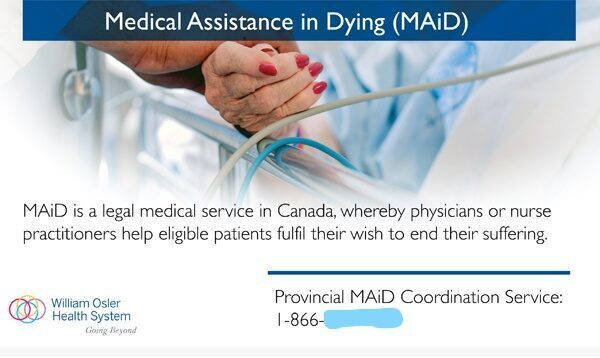
Support for Canada’s Euthanasia law is built on shaky foundations as most of those who back it appear unaware that it allows cases they do not support.
That’s according to a study whose results were just published in the British Medical Journal.
A survey found only 12.1% correctly answered at least 4 of 5 knowledge questions about the Medical Assistance in Dying [MAID] law; only 19.2% knew terminal illness is not required and 20.2% knew treatment refusal is compatible with eligibility.
73.3% of participants expressed support for the MAID law in general, matching a nationally representative poll that used the same question. 40.4% of respondents supported MAID for mental illnesses. Support for MAID in the scenarios depicting refusal or lack of access to treatment ranged from 23.2% (lack of access in medical condition) to 32.0% (treatment refusal in medical illness).
The study concluded that the gap between current policy and public opinion warrants “further study”.
“For jurisdictions debating MAID, opinion surveys may need to go beyond assessing general attitudes, and target knowledge and views regarding implications of legalisation,” it added.
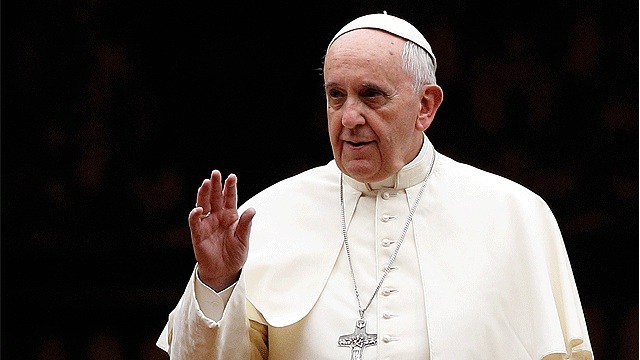
The weakening of the European Union as well as social issues such as abortion were among concerns voiced by Pope Francis in a meeting with European Bishops last weekend.
Speaking to Crux, Father Manuel Barrios Prieto, secretary general of the Commission of Bishops’ Conferences of the European Union (COMECE), said Pope Francis, stressed the need “to maintain a strong dialogue with the European institutions.”
The pontiff, he said, was “very aware” of the status of the European Union, given the rise of far-right Euro-sceptical parties, and voiced concern over the current “fragility” of the EU, as well as the war in Ukraine and in Gaza.
“He also brought up the issue of abortion as an important concern for the Church,” Prieto said.
The Pope, Prieto said, “was concerned about a certain ‘culture of death’ that is present, and is also in Europe, and he called us to do something about this, to fight for life and the dignity of life.”
Debate over abortion has flared up in recent months following France’s vote in March to enshrine abortion as a fundamental right in its constitution – a decision that sparked widespread debate, and which the French bishops and the Vatican’s Academy for Life publicly opposed.
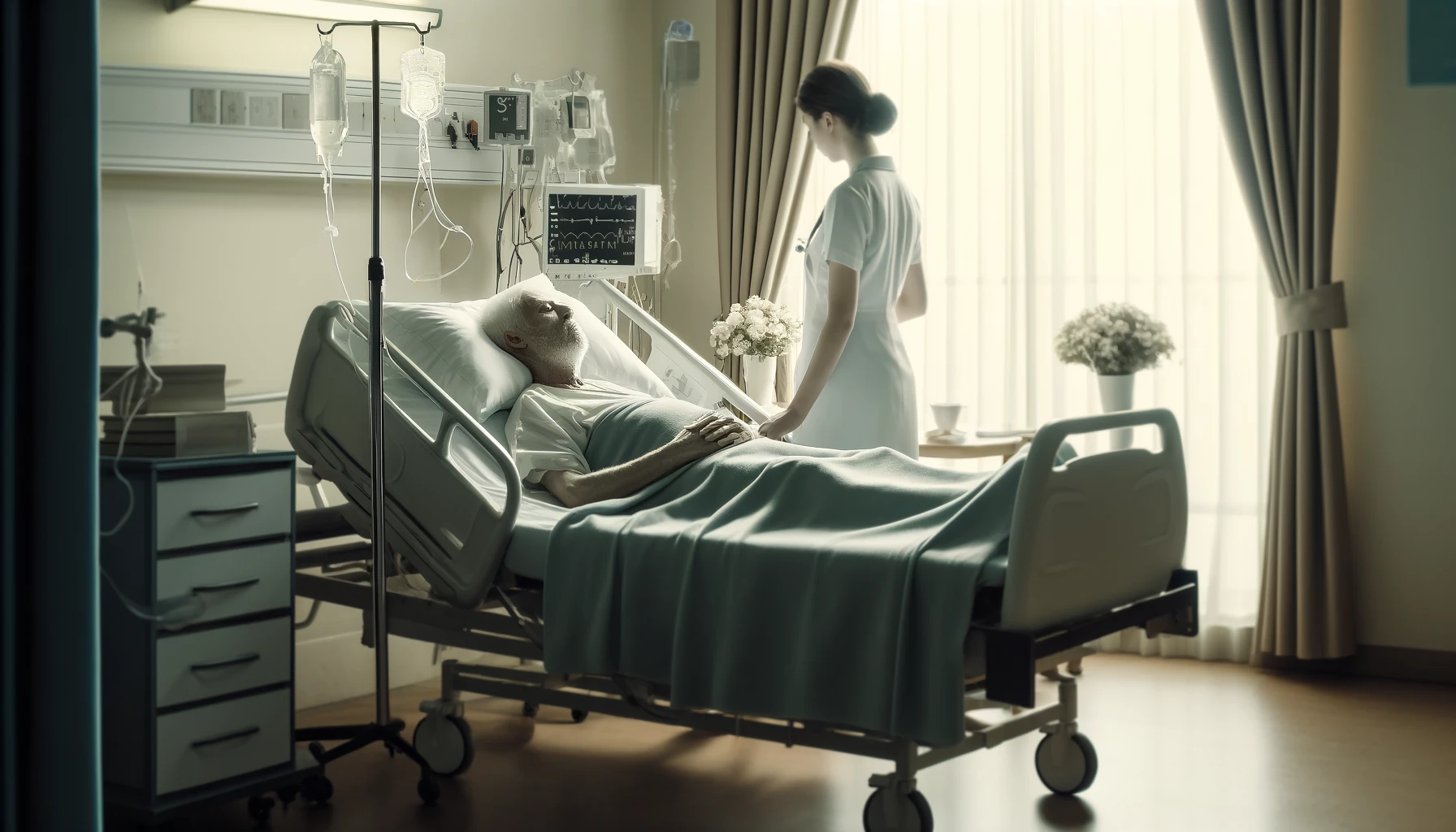
Legalising ‘assisted suicide’ would undermine the end of life care of all suffering with terminal illness, according to the Irish Catholic Bishops. Campaigners for euthanasia in Ireland already admit they want euthanasia for more than for those nearing death.
In a statement, the Bishops say the final weeks of terminal illness can be a time to experience human and spiritual growth.
“Faced with the reality of their own mortality, they can and do come to understand themselves better, and to experience the love of family members and friends. This can be a time when old hurts are healed and people find inner peace”.
They say a decision to end life prematurely cuts off any prospect of growth or healing and represents a failure of hope.
They add that consideration must be given to the impact of legislation as it “would contribute to undermining the confidence of people who are terminally ill, who want to be cared for and want to live life as fully as possible until death naturally comes”.
It would also undermines a fundamental principle of civilised society, “that no person can lawfully take the life of another”.
They also express “little confidence” that proposed restrictions would offer any real protection, particularly for those who are most vulnerable, including people with intellectual disabilities.
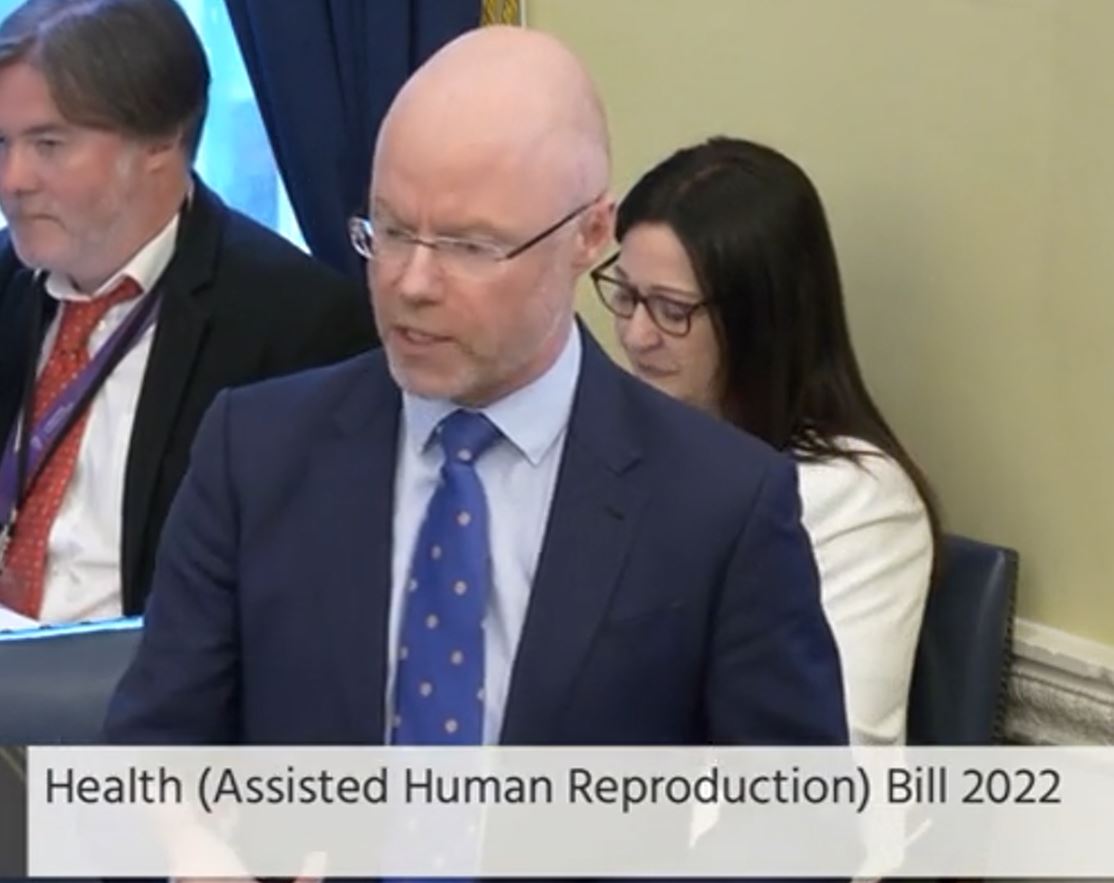
The Government rejected numerous amendments to controversial surrogacy legislation during the opening committee stage debate in the Seanad last Thursday.
Amongst the proposals moderating the scope of the bill, Minister for Health Stephen Donnelly rejected that anyone wishing to avail of surrogacy services “shall be required to meet all of the same requirements and standards as a person wishing to adopt a child”.
He also rejected that the surrogate mother “must not be obliged by the commissioning adults or their agents to undergo an abortion”.
In reference to the amendment that “no single man shall be allowed to undertake surrogacy”, the Minister said that would be “unacceptably discriminatory”.
The Minister also rejected the proposal that “No one who was convicted of a child sexual offence either in or outside the State shall be allowed to participate in or avail of surrogacy services”.
The committee stage debate in the Seanad will resume Wednesday.

There are no circumstances where France would legalise surrogacy because it commodifies the bodies of women, and is contrary to their dignity, said French President Emmanuel Macron.
The President was responding to Olivia Maurel, a young woman born through surrogacy and spokesperson for the Casablanca Declaration, who had written to him seeking his support for the universal abolition of surrogacy.
In this letter dated June 12, 2024, the President, through his chief of staff Mr. Rodrigue Furcy, referred to article 16-7 of the civil code which declares the absolute nullity of surrogacy contracts.
The letter recalls that “the President, on several occasions, has reaffirmed red lines” and adds that “there is no question of authorizing surrogacy in France, because it challenges the dignity of the body of the woman and its commodification”.
The letter adds that if the President cannot grant an audience to Olivia Maurel due to the constraints of the presidential agenda, he indicates that her request has been transmitted to Madam Minister Sarah El Haïry, the Minister Delegate for Youth, Childhood and Family, who “will keep her directly informed”.
In reply, Ms Maurel thanked the President of the French Republic for reaffirming the fact that surrogacy will remain prohibited during his mandate.